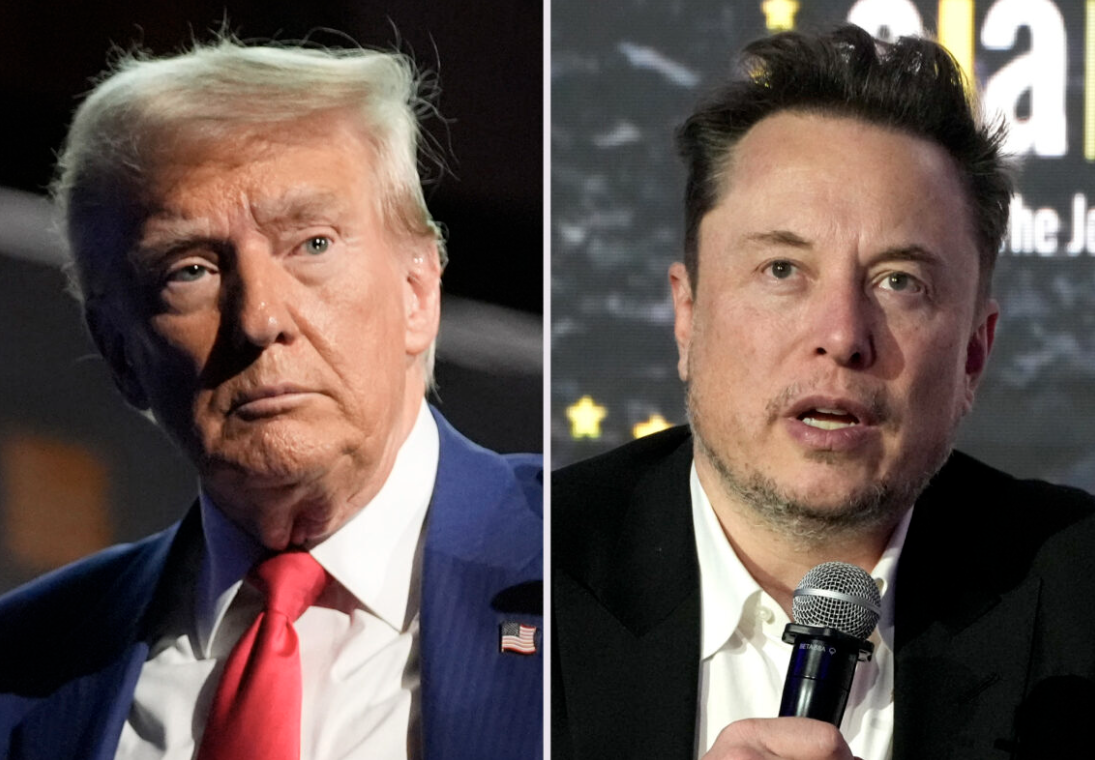Donald Trump’s speech on the economy last week was, as usual, a hodgepodge of good (deregulation and taxes), bad (tariffs) and incoherent proposals (childcare). But one new idea he launched is very good and deserves more attention: The former president said he would ask Elon Musk to lead a commission on government efficiency.
This is how the Wall Street Journal begins its editorial. They write that some may react to the negatively charged term “commission”, but the purpose in this case seems to be to uncover and highlight the myriad ways in which government doesn’t work well, and suggest how the tasks can be done better, or perhaps not at all.
Trump emphasised this in his speech, saying that “as a first task, this commission will prepare an action plan to eliminate fraud and improper payments within six months. This will save trillions of dollars.”
There is little reason to hope that authorities in the EU and Norway will be inspired. Instead, they set up commissions to assess the work of previous commissions and usually find solutions through “redistribution” and government subsidies, which in practice means an increase in tax levels for households and businesses.
In Norway, perhaps a commission could be set up with politically committed business people such as Øystein Stray Spetalen and Jan Petter Sissener, perhaps with the support of a skilled economist such as Øystein Sjølie? But this is unlikely to happen.
WSJ mentions, among other things, the massive support schemes Biden gave to people who did not work during the pandemic. Many of those who were unemployed lost their jobs due to the lockdowns that were imposed, particularly on those living in Democratic-controlled states. As support continued after the shutdowns, US businesses struggled to find enough labour to rebuild the economy.
But there are several other examples of pointless use of public funds, according to the WSJ.
Does anyone think federal job training works? Or the job corps? Or, for that matter, Pentagon procurement?
Musk, who volunteered and is not to receive any form of remuneration, has already shown that his private company SpaceX can do better than NASA when it comes to sending rockets into space.
He’s seen the waste and inefficiencies of the public sector up close, and he can undoubtedly enlist the help of many in the private sector.
It’s a shame the US hasn’t taken an in-depth look at the routine folly of government in decades. It continues to grow and roll on, regardless of results.
WSJ recalls Ronald Reagan saying, “The closest thing to eternal life is a government programme.”
An old Washington joke tells of a Department of Agriculture employee who was asked why he was so unhappy. The answer was “My farmer died.” The point is still relevant.
When you realise that the Norwegian state is far larger and much more comprehensive and ubiquitous than the American state, you understand why the Norwegian economy is weakening, despite massive revenues from oil and gas.
Reagan was the last US president to make a serious attempt to reduce public spending, in the 1980s. The Grace Commission made a series of recommendations to save $424 billion over three years in 1984 dollars and $115 billion immediately by the administration without Congress. Not everything, but relatively much, was implemented. The effort attracted public attention.
Clinton attempted something similar by tasking then-Vice President Al Gore with “reinventing government”. But when Gore ran for president in 2000, the plans had to be scrapped to attract left-wing Democratic voters.
The US government controls 25 per cent of the economy. This is far below what we experience here in Norway, where more than 65 per cent of the economy is controlled by the state. But for the US, 25 per cent is an obscenely high figure.
Donald Trump, with the help of Elon Musk, could be the president who finally gets the US economy moving in the right direction.


